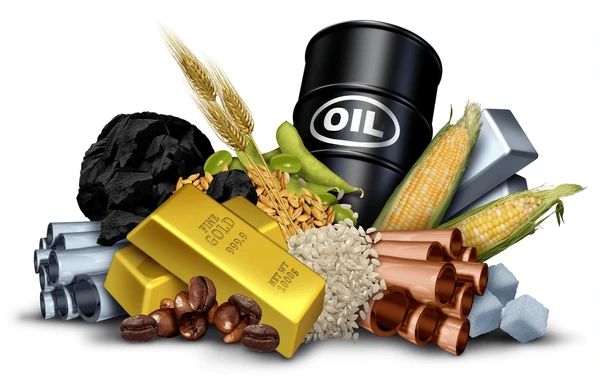Dutch traders

The Netherlands is known for its robust and open economy, making it an attractive destination for international trade. The country boasts a highly developed banking system characterized by stability and transparency. Dutch banks are well-regulated, with the De Nederlandsche Bank serving as the central bank, ensuring a sound monetary policy. The Euro is the official currency, facilitating seamless transactions within the Eurozone and with trading partners. The Netherlands also has a favorable tax regime, which encourages foreign investments and business activities.
In terms of international trade, the Netherlands is a key player in Europe, acting as a gateway for goods entering the continent. The country has well-established logistics and infrastructure, including major ports like Rotterdam, which is one of the largest and busiest ports in the world. This strategic position allows for efficient import and export operations, benefiting companies from the Middle East and West Asia seeking to access European markets.
The trade relations between the Netherlands and countries in the Middle East and West Asia are diverse and expanding. The Netherlands imports various goods from this region, including oil, natural gas, and agricultural products, while exporting machinery, chemicals, and high-tech goods. Dutch companies are increasingly involved in sectors such as agriculture, technology, and renewable energy in these markets. Additionally, the Netherlands fosters strong diplomatic ties and trade agreements, further enhancing business opportunities. Overall, the interplay between the Netherlands' banking, economic, and trade systems positions it as a vital hub for businesses looking to engage with the Middle East and West Asia.
 mohamad rahimiمحمد رحیمی24 months ago
mohamad rahimiمحمد رحیمی24 months ago Profile
Profile


